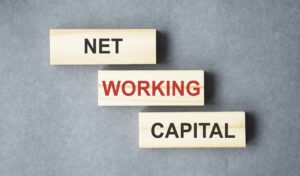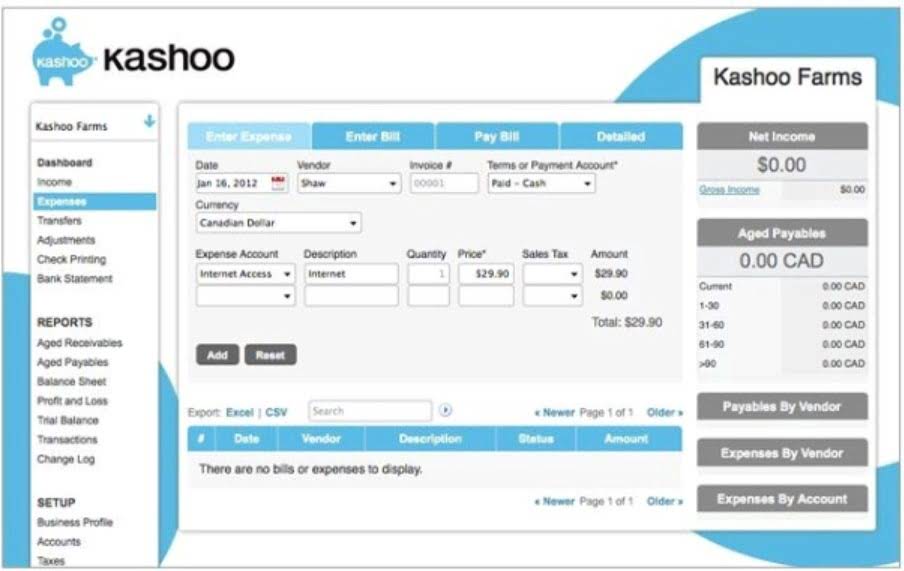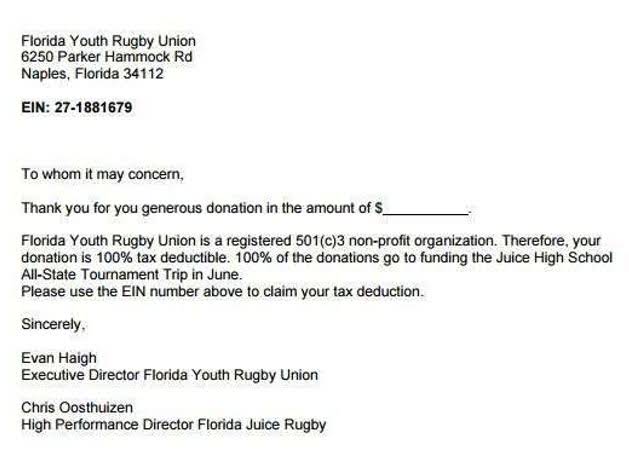
This type of education https://www.bookstime.com/ usually leads to degrees or qualifications that are recognised by employers and society. It also expands professional networks and opens doors to diverse experiences. It refers to the ability of an individual to adapt, thrive, and excel in various roles, industries, or job environments throughout their professional journey.
How To Become a Bookkeeper
If you want to be a great asset to the company you work for, you need to think long-term so that you can see the bigger picture. Remember that your task is not merely to record financial data information. If you are prone to making impulsive and uninformed decisions, then this role may not be for you.
Bookkeeping 101: A Guide to Bookkeeping Basics
As you can see from the above, it plays a very important role in managing the overall financial health of your organization. “Overlooking bank fees and inaccurate record-keeping” are also frequent pitfalls, Schmied says. In the retained earnings account, bookkeepers monitor any profit the company makes that isn’t paid out to owners and investors. Aside from the Balance Sheet, bookkeepers also create the Income Statement. Liabilities cover all the payables or debts to creditors and suppliers — that is, the money owed to them.
- To get started, here are some useful tips on how you can learn bookkeeping at home.
- Given their high importance in the Financial Management domain, it is time to familiarise yourself with these Skills.
- Double-entry systems include a field for debits and credits so any transaction that is recorded on one statement can also be recorded on the corresponding account.
- Running a small business comes with many responsibilities—and keeping accurate financial records is one of them.
- Keep an organization’s financial data confidential and be transparent about your bookkeeping activities.
- The most important parts of doing your own bookkeeping are staying organized and keeping track of the details.
- Detail orientation – Precise data entry and careful documentation prevent problems during account reconciliation and tax time.
Bookkeeper vs. accountant: What’s the difference?
Mastering the basics of bookkeeping can help professionals in the field provide top-notch services that allow them to excel in the role. It’s all about making a strategic basic bookkeeping skills plan for how to spend your money and allocate resources, keeping track of how you’re doing, and making adjustments as needed to help you reach your goals. Getting good at budgeting means you can help businesses plan for success and make adjustments when things don’t go as planned.

Course learning outcomes

Sign up for our Accounting Masterclass Course to explore advanced financial skills and excel in your professional journey. It refers to structured learning that happens in schools, colleges, or other official educational institutions. It’s the kind of learning where you attend classes, have teachers or instructors guiding you, and follow a planned curriculum.

The most basic aspect of the role is keeping accurate records of all financial transactions made by a company, including sales, purchases, payments, and receipts. Another part of the job is organizing and categorizing these transactions. Bookkeeping is defined as the process of tracking and recording a company’s financial transactions.


If you want to become a bookkeeper and also start a bookkeeping business, there are a few things to consider. In this guide, we’ll walk you through the steps needed to become a bookkeeper and start your own bookkeeping business. Now that you discovered the most important bookkeeping skills and how to assess them, let’s close this article with a few frequently asked questions. The two tests evaluate how well a candidate can manage outstanding invoices, track monies owed by customers, and handle debts owed to suppliers. These are assets = liabilities + equity all critical for maintaining healthy cash flow and strong vendor relationships.


